

The Ultimate Guide to Hydraulic Power Units - Choosing the Right System for Your Needs
Hydraulic power units (HPUs) are the backbone of countless industrial applications, providing the muscle needed to perform heavy-duty tasks with precision and efficiency. From construction sites to manufacturing plants, these systems play a critical role in powering machinery and equipment that would otherwise be impossible to operate. However, with so many options available, selecting the right HPU for your specific needs can be daunting.
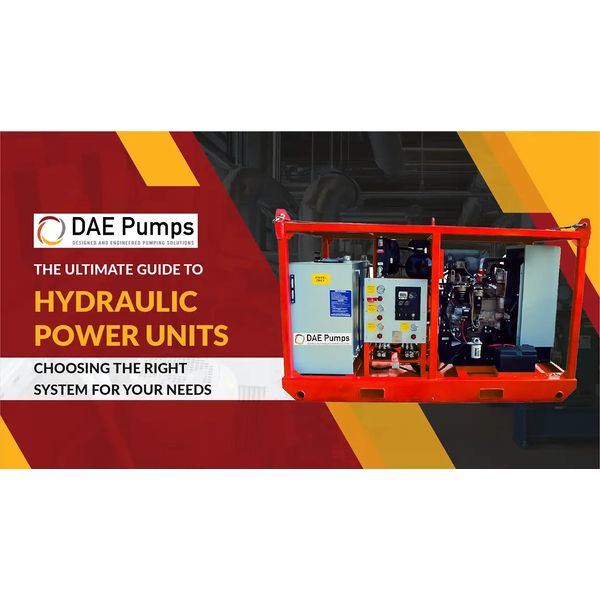
This guide covers everything you need to know about hydraulic power units, from their basic components to the latest innovations in the field. Whether you’re a seasoned engineer or a newcomer to hydraulics, this comprehensive resource will help you make informed decisions and optimize your operations.
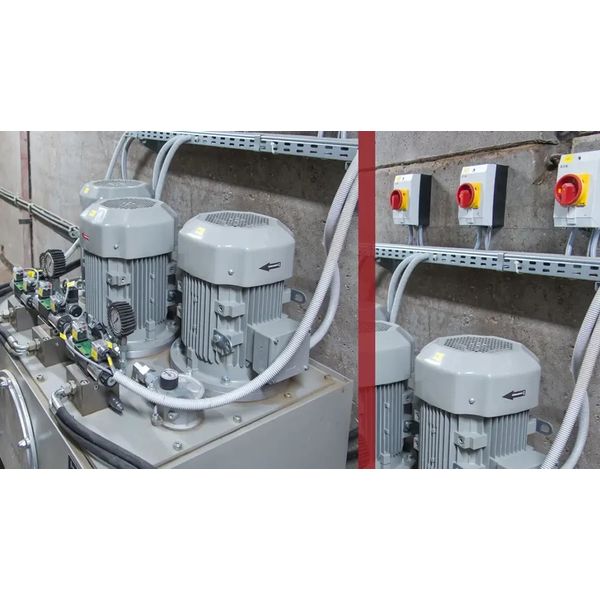
Definition and Function of a Hydraulic Power Unit
A hydraulic power unit (HPU) is a self-contained system that generates, controls, and transmits hydraulic power by pressurizing fluid. This fluid is then used to drive hydraulic machinery, such as cylinders, motors, and actuators. HPUs are essential in applications requiring high force and precise control, such as lifting heavy loads, pressing materials, or operating complex mechanical systems.
Key Components
Every HPU consists of several critical components that work together to deliver reliable performance:
- Pump: The pump is the heart of the HPU. It converts mechanical energy into hydraulic energy by moving fluid through the system.
- Motor: The motor provides the mechanical energy needed to drive the pump. Depending on the application, motors can be electric, diesel, or gas-powered.
- Reservoir: Stores the hydraulic fluid and helps dissipate heat generated during operation.
- Valves: Control the flow, pressure, and direction of the hydraulic fluid, ensuring smooth and precise operation.
- Filters: Remove contaminants from the fluid to prevent damage to the system.
- Coolers and Heat Exchangers: Regulate the temperature of the hydraulic fluid to maintain optimal performance.
How Hydraulic Power Units Generate and Control Fluid Power
HPUs operate on Pascal’s Law, which states that pressure applied to a confined fluid is transmitted equally in all directions. When the pump pressurizes the fluid, it creates a force that can be harnessed to perform work. Valves and control systems regulate this force, allowing operators to adjust the speed, direction, and intensity of the machinery.
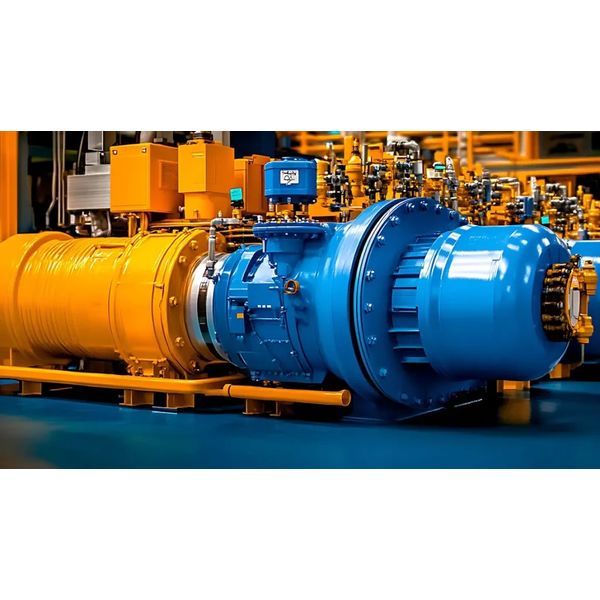
Hydraulic Power Pack: Compact and Versatile Power Solutions
Hydraulic power packs are compact, self-contained units designed for small-scale and mobile applications. They are ideal for tasks that require portability and flexibility, such as powering hand tools or small machinery. These units are often used in construction, agriculture, and maintenance operations.
Diesel Hydraulic Power Unit: Best for Remote and High-Power Applications
Diesel-hydraulic power units are designed for heavy-duty applications in remote locations where electricity is not readily available. These units are commonly used in mining, oil and gas, and construction industries. They offer high power output and durability, making them suitable for demanding environments.
Electric Hydraulic Power Unit: Efficient and Environmentally Friendly Option
Electric hydraulic power units are powered by electric motors, making them a cleaner and more energy-efficient option compared to diesel units. They are ideal for indoor applications, such as manufacturing and automation, where emissions and noise levels must be minimized. Electric hydraulic power units are also easier to maintain and operate, making them a popular choice for many industries.
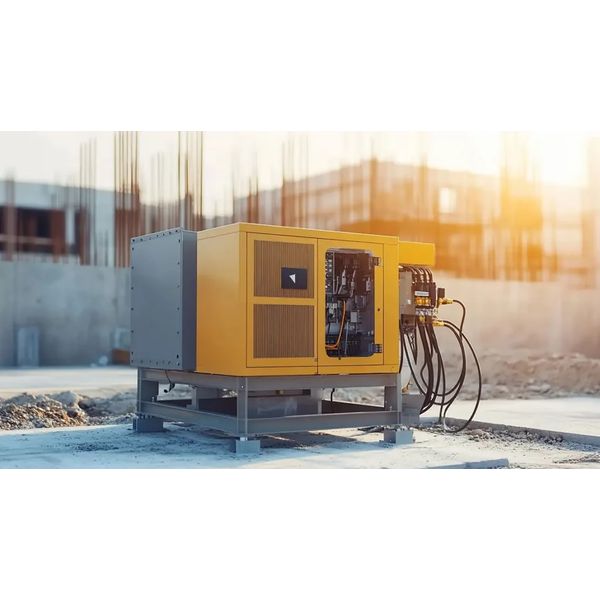
Key Factors to Consider
Selecting the right HPU requires careful consideration of several factors:
- Power Requirements: Determine the amount of force and speed needed for your application.
- Mobility: Consider whether the unit needs to be portable or stationary.
- Environment: Evaluate the operating conditions, such as temperature, humidity, and exposure to contaminants.
- Size and Weight: Ensure the unit fits within the available space and meets weight restrictions.
- Energy Source: Choose between electric, diesel, or gas-powered units based on availability and environmental impact.
Comparing Diesel vs. Electric Hydraulic Power Units
- Diesel-hydraulic power units Offer high power output and are suitable for remote locations. However, they produce emissions and require regular fuel refills.
- Electric hydraulic power units are cleaner, quieter, and more energy-efficient. They are ideal for indoor use but may have a limited power output compared to diesel units.
Selecting the Right Hydraulic Power Pack for Small-Scale and Mobile Applications
Hydraulic power packs are often the best choice for small-scale and mobile applications. Look for units with compact designs, lightweight construction, and easy-to-use controls. For enhanced performance, consider features such as integrated cooling systems and noise reduction.
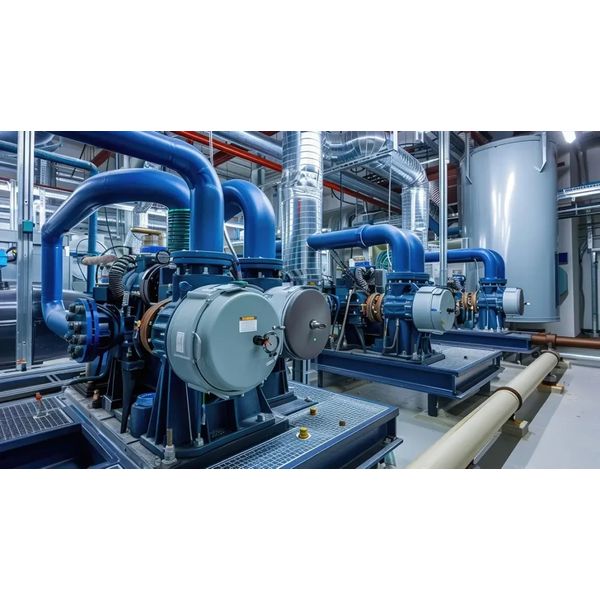
Step-by-Step Installation Guide
- Site Preparation: Ensure the installation site is clean, level, and free from obstructions.
- Mounting: Securely mount the HPU to prevent vibrations and movement during operation.
- Fluid Filling: Fill the reservoir with the recommended hydraulic fluid to the appropriate level.
- Connection: Connect the HPU to the hydraulic machinery using hoses and fittings.
- Testing: Run the system at low pressure to check for leaks and ensure proper operation.
Routine Maintenance Practices
- Fluid Checks: Regularly inspect and top up the hydraulic fluid to maintain optimal levels.
- Filter Replacement: Replace filters as recommended by the manufacturer to prevent contamination.
- Inspection: Check for wear and tear on hoses, seals, and other components.
- Cleaning: Keep the HPU clean and free from debris to avoid overheating and damage.
Common Issues and Troubleshooting Tips
- Leaks: Check for loose fittings or damaged seals and replace them as needed.
- Overheating: Ensure the cooling system is functioning properly and the fluid level is adequate.
- Noise: Unusual noises may indicate air in the system or worn-out components.
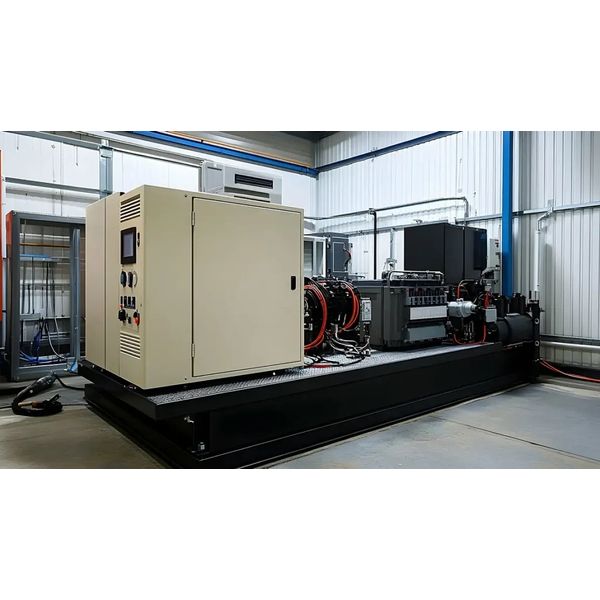
Construction and Mining Equipment
HPUs are widely used in construction and mining equipment, such as excavators, bulldozers, and cranes. They provide the force needed to lift heavy loads, dig through tough materials, and operate complex machinery.
Marine and Offshore Operations
Hydraulic power units operate winches, cranes, and other equipment in marine and offshore environments. Their durability and reliability make them ideal for harsh conditions.
Industrial Manufacturing and Automation
Hydraulic power units are essential in manufacturing and automation. They power presses, conveyors, and robotic arms. They offer precise control and high force, making them suitable for repetitive and demanding tasks.
Dredging and Fluid Transfer Applications
HPUs are used in dredging operations to remove sediment and debris from waterways. They are also used in fluid transfer applications, such as pumping liquids in chemical plants.
Efficiency and Power Density
HPUs offer high power density, meaning they can generate significant force from a relatively small unit. This makes them ideal for applications where space is limited.
Durability and Reliability in Extreme Conditions
HPUs are designed to withstand harsh environments, including extreme temperatures, heavy loads, and exposure to contaminants. Their robust construction ensures long-term reliability.
Customization and Scalability for Different Applications
Hydraulic power units can be customized to meet specific requirements, such as unique power outputs, fluid types, and control systems. They are also scalable, making them suitable for both small and large-scale applications.
Advancements in Energy-Efficient Hydraulic Systems
Manufacturers are developing more energy-efficient HPUs to reduce power consumption and environmental impact. Innovations such as variable-speed pumps and regenerative systems are leading the way.
Integration of IoT and Smart Monitoring in Hydraulic Power Units
The integration of IoT (Internet of Things) technology allows for real-time monitoring and diagnostics of HPUs. Smart sensors can detect issues before they become critical, reducing downtime and maintenance costs.
Sustainable Alternatives in Hydraulic Fluid and Power Generation
The industry is exploring sustainable alternatives to traditional hydraulic fluids, such as biodegradable and non-toxic options. Additionally, renewable energy sources, such as solar and wind, are being used to power hydraulic power units.
Hydraulic Power Packs vs. Diesel and Electric Units
When choosing between hydraulic power packs, diesel hydraulic power units, and electric HPUs, it’s essential to understand their specific advantages and limitations. Hydraulic power packs are highly versatile and portable, making them ideal for small-scale and mobile applications. They are often used in scenarios where space is limited and mobility is crucial.
Diesel-hydraulic power units, on the other hand, are designed for heavy-duty applications in remote locations. They offer high power output and can operate in harsh environments without electricity. However, they require regular maintenance and fuel refills, which can increase operational costs.
Electric hydraulic power units are more energy-efficient and environmentally friendly. They are suitable for indoor applications where noise and emissions must be minimized. They are also easier to maintain and operate, making them a popular choice for many industries.
Customization Options for Hydraulic Power Units
One of the significant advantages of HPUs is their ability to be customized to meet specific requirements. Manufacturers offer a wide range of customization options, including:
- Power Output: Adjust the power output to match the specific needs of your application.
- Fluid Type: Choose from a variety of hydraulic fluids, including biodegradable and non-toxic options.
- Control Systems: Select from manual, semi-automatic, or fully automatic control systems.
- Cooling Systems: Opt for integrated cooling systems to maintain optimal operating temperatures.
Cost Considerations
When selecting an HPU, it’s essential to consider both the initial cost and the long-term operational costs. While diesel hydraulic power units may have a higher initial cost, they offer high power output and durability, making them a cost-effective choice for heavy-duty applications. Electric hydraulic power units, on the other hand, may have a lower initial cost but offer significant savings in energy consumption and maintenance.
- Construction Industry
In the construction industry, hydraulic power units are used to power a wide range of equipment, including excavators, bulldozers, and cranes. For example, a construction company may use a diesel hydraulic power unit to operate a crane in a remote location where electricity is not available. The high-power output and durability of the diesel-hydraulic power unit ensure that the crane can lift heavy loads and operate efficiently in harsh conditions.
- Manufacturing Industry
In the manufacturing industry, HPUs power presses, conveyors, and robotic arms. For example, a plant may use an electric hydraulic power unit to operate a robotic arm in an assembly line. The precision and control offered by the HPU ensure that the robotic arm can perform repetitive tasks with high accuracy and efficiency.
- Marine Industry
In the marine industry, HPUs operate winches, cranes, and other equipment on ships and offshore platforms. For example, a marine company may use a hydraulic power pack to operate a winch on a ship. The compact and portable design of the hydraulic power pack ensures that it can be easily installed and operated in the limited space available on a ship.
Regular Maintenance
Regular maintenance is essential to ensure the long-term performance and reliability of HPU. This includes:
- Fluid Checks: Regularly inspect and top up the hydraulic fluid to maintain optimal levels.
- Filter Replacement: Replace filters as recommended by the manufacturer to prevent contamination.
- Inspection: Check for wear and tear on hoses, seals, and other components.
- Cleaning: Keep the hydraulic power unit clean and free from debris to avoid overheating and damage.
Proper Installation
Proper installation is crucial to ensure the optimal performance of HPU. This includes:
- Site Preparation: Ensure the installation site is clean, level, and free from obstructions.
- Mounting: Securely mount the hydraulic power unit to prevent vibrations and movement during operation.
- Fluid Filling: Fill the reservoir with the recommended hydraulic fluid to the appropriate level.
- Connection: Connect the HPU to the hydraulic machinery using hoses and fittings.
- Testing: Run the system at low pressure to check for leaks and ensure proper operation.
Monitoring and Diagnostics
The integration of IoT and smart monitoring technology allows for real-time monitoring and diagnostics of HPUs. Smart sensors can detect issues before they become critical, reducing downtime and maintenance costs. Regular monitoring and diagnostics can help identify potential issues early and ensure the long-term performance and reliability of HPUs.
Hydraulic power units are indispensable in a wide range of industries, offering unmatched power, precision, and reliability. By understanding the different types of hydraulic power units, their components, and their applications, you can choose the right system for your needs. Proper installation and maintenance are key to ensuring long-term performance and minimizing downtime.
As technology evolves, hydraulic power units are becoming more efficient, intelligent, and sustainable. By staying informed about the latest trends and innovations, you can optimize your operations and stay ahead of the competition. Whether you’re powering a construction site or a manufacturing plant, hydraulic power units are the ultimate solution for your heavy-duty needs.
